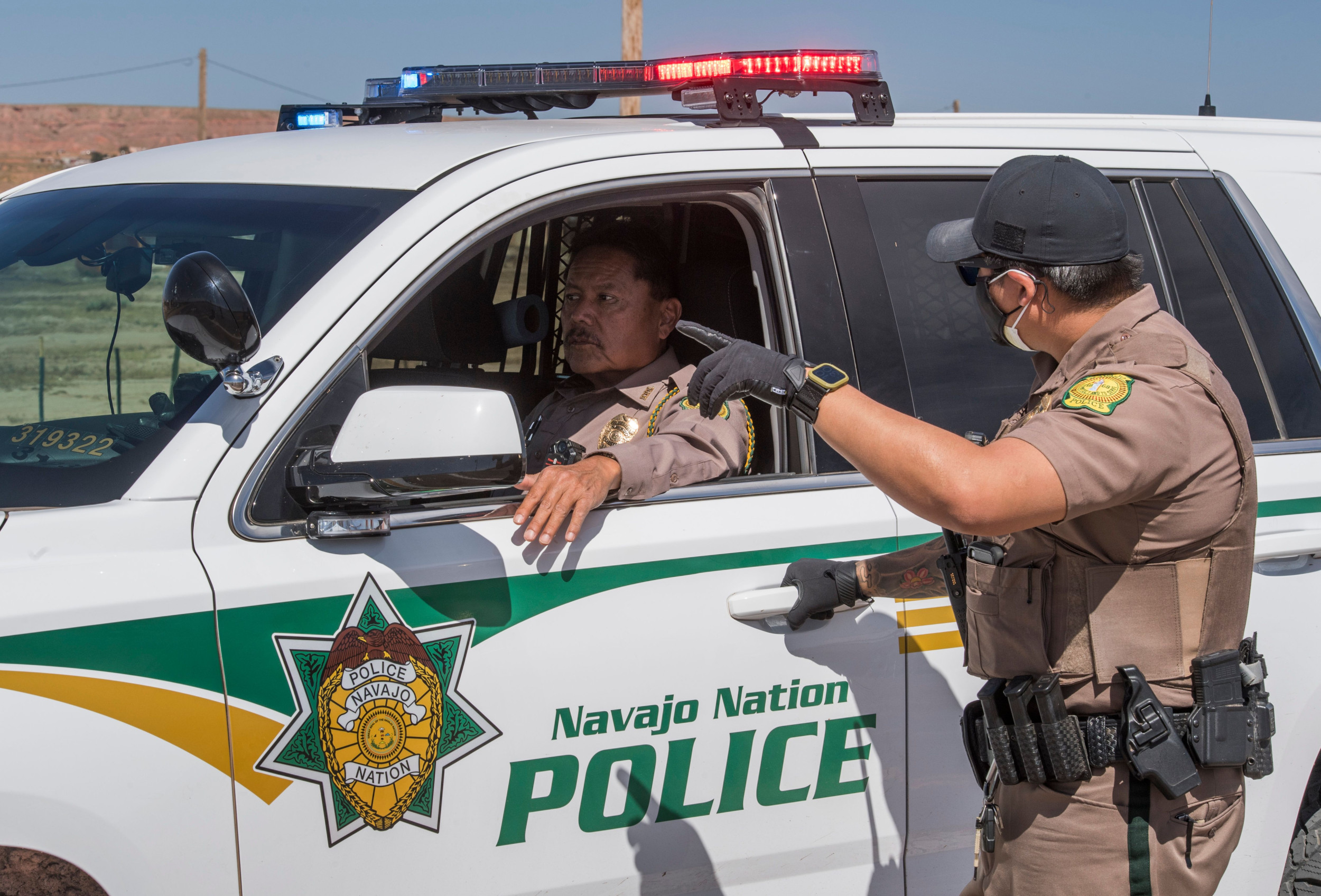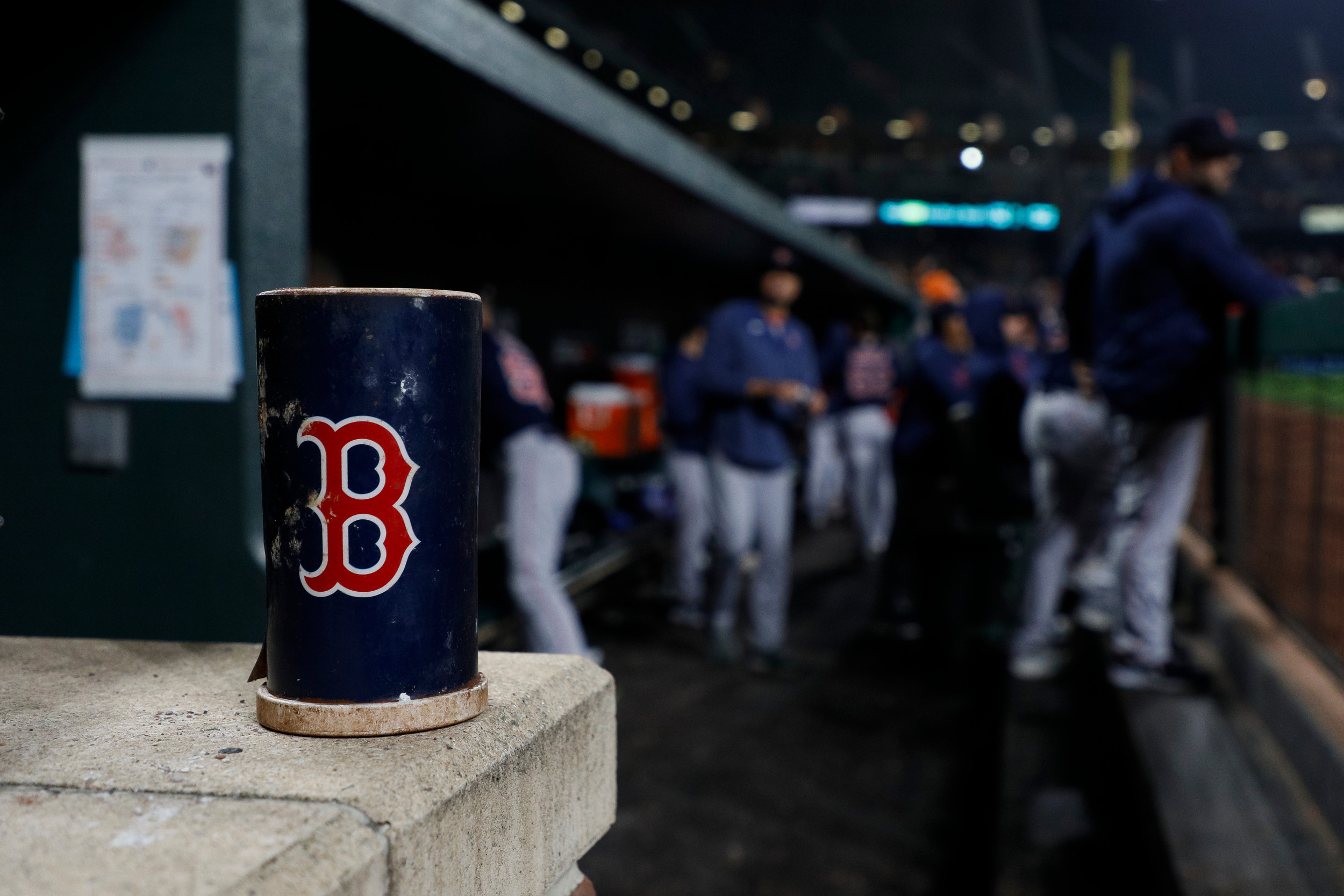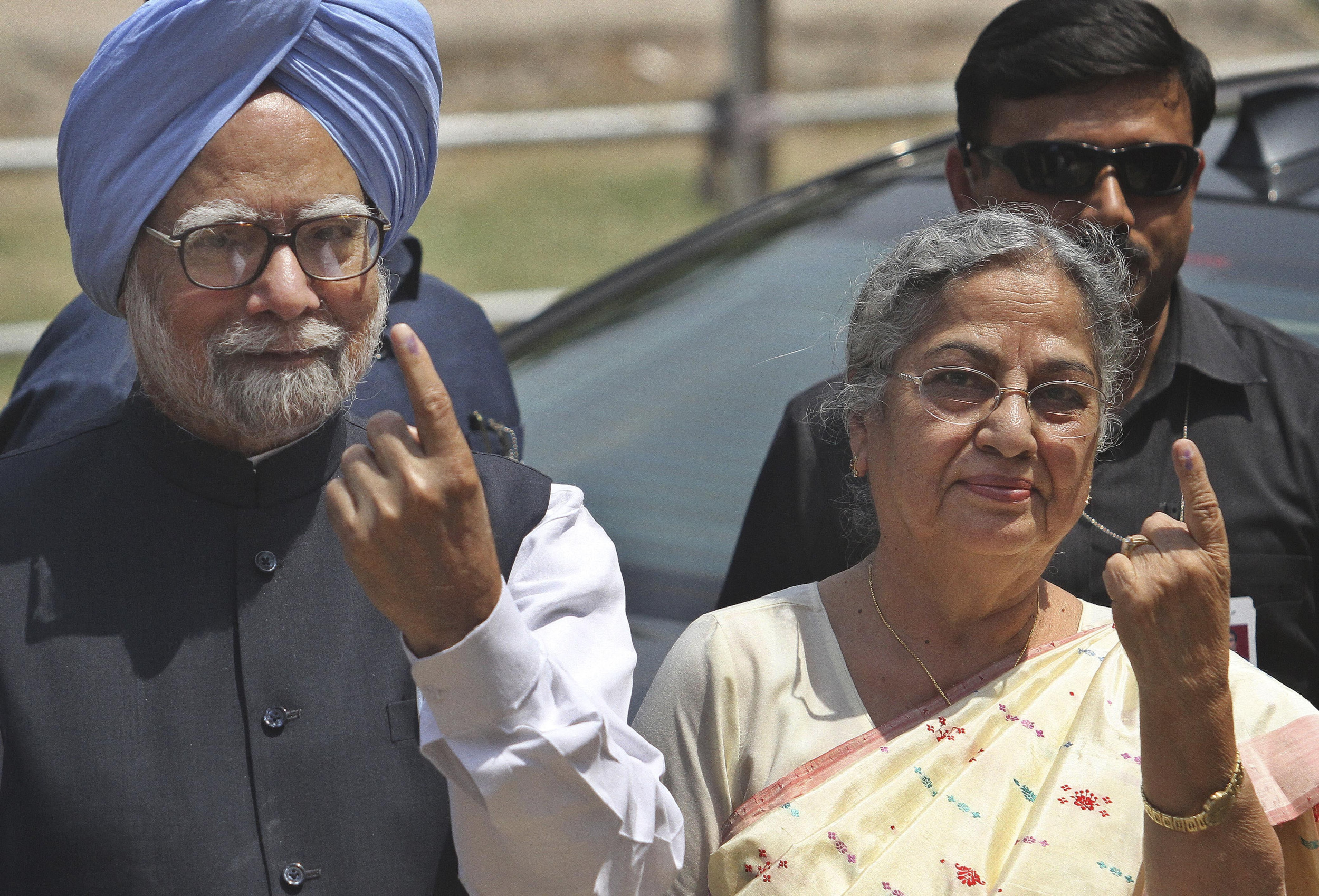What's New
A big cat sanctuary in Washington has suffered "significant losses" among the animals in its care after what it said was an outbreak of highly pathogenic avian influenza (HPAI)—also known as bird flu.
Newsweek contacted the Wild Felid Advocacy Center of Washington for further comment outside of standard working hours.
Why It Matters
The Wild Felid Advocacy center of Washington said that the "devastating" viral infection, spread by wild birds is primarily transmitted through respiratory secretions and direct contact between birds.
Carnivorous mammals, including cats, can also contract the virus by consuming infected birds or their byproducts, it said, adding that cats are especially susceptible, with the infection often presenting mild initial symptoms, but rapidly advancing to severe pneumonia-like conditions that can lead to death within 24 hours.
According to a post from the sanctuary, 20 of their big cats have died.

What To Know
According to an online post from the sanctuary on Saturday, 20 animals died in connection with the outbreak. This included one Bengal tiger, four cougars, an African caracal, two Canada lynx, one Geoffroy's cat, a Bengal cat, one Eurasian lynx, four bobcats, and four African servals.
The sanctuary said that to safeguard its remaining animals and prevent further transmission, it was under quarantine and would remain closed until further notice.
It said it is collaborating with federal and state animal health authorities, along with Mason County health officials, to ensure the safety of both volunteers and animals.
What People Are Saying
Wild Felid Advocacy Center of Washington on Facebook: "This tragedy has deeply affected our team, and we are all grieving the loss of these incredible animals.
"Now, we turn to the community for support as we focus on the care and recovery of our surviving felids.
"The mounting medical costs, even at discounted rates, have placed a significant financial strain on our sanctuary."
Advocacy Center director Mark Matthews in an interview reported by The Seattle Times: "The only thing I can compare it to, as a veteran, is being in a war zone."
What Happens Next
The sanctuary said those with visits scheduled can contact it for full refund. It has also requested donations to support the ongoing care of its animals and sanctuary operations.
The center says it anticipates reopening in the New Year.
Do you have a story we should be covering? Do you have any questions about this article? Contact LiveNews@newsweek.com




















 English (US) ·
English (US) ·